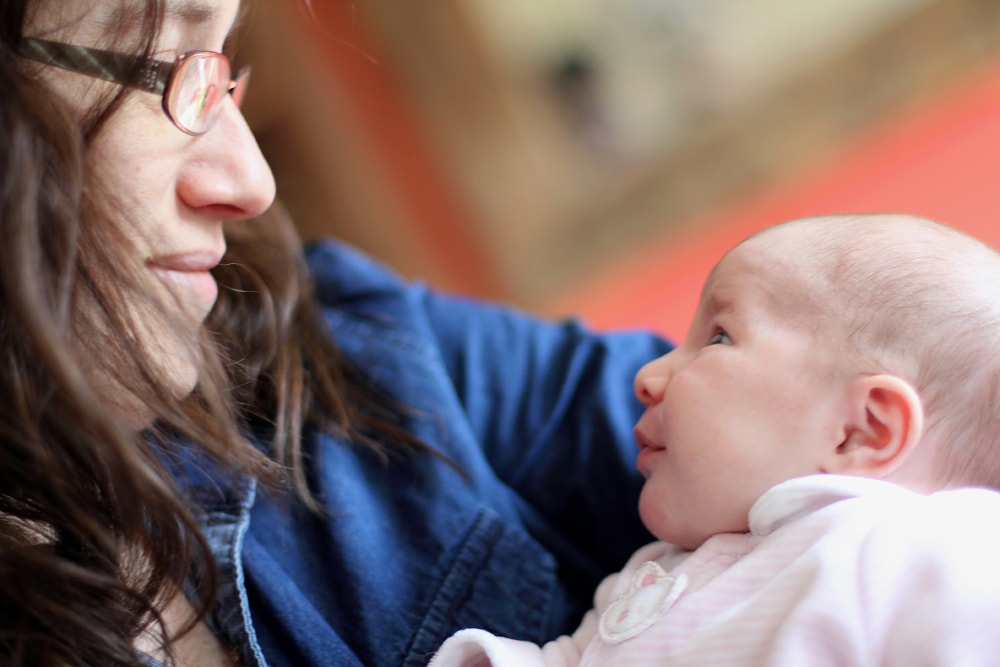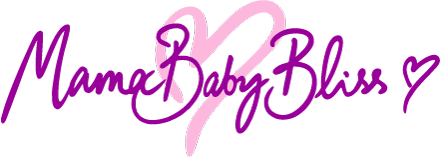
“I’m ‘just’ a stay at home mum”
“What do you actually do all day?”
“I would never let my child play with/wear/eat that”
“Why is the house such a mess?”
By the time expecting mothers reach the second trimester of pregnancy, their heart at rest is working 30 to 50 percent harder. A woman will produce more oestrogen during one pregnancy than throughout her entire life when not pregnant. Relaxin is produced during pregnancy, which not only relaxes ligaments in a woman’s pelvis to prepare her for labour and delivery, but it also stretches joints and ligaments all over the body. This can lead to back pain and sciatica, or pain along the sciatic nerve. By week 30 of pregnancy, women will have up to 50% more blood circulating round the body and 7 litres of extra water. Many may not realise that during pregnancy, the pituitary gland, situated in the base of the brain, increases by approximately one-third in weight. It is thought that this could contribute to the increase in headaches that some women experience. Heartburn often occurs, due to the mothers’ uterus taking up more space, pushing the stomach out of its usual position. Bleeding gums, vaginal discharge, varicose veins, sickness (which is NOT always just mornings), leg cramps, constipation, stretch marks, sore breasts and swelling are just a few of the other glamorous side effects of pregnancy that some women experience.
And all this before you even get to the labour part (which, by the way, is called ‘labour’ for a reason).
What your body does to grow and nurture your baby is beyond amazing. At MamaBabyBliss, we have a whole module on Anatomy and Physiology of Pregnancy, and what struck me was how much effort each part of the body goes into to help grow new life – and how little we realise its doing. And then there is the labour. Here is a pressure expectant mums often put on themselves; The Birthing Plan. Three words: Don’t do it!
Don’t get me wrong, it can be lovely to have an idea on your preferences. For example, I knew I would like a water birth if I had the choice. What is vital is that you keep an open mind, and always remind yourself; the most important thing is listening to your body and bringing a healthy baby into this world. If I had set my heart on using a pool, I would have been bitterly disappointed. If I had promised myself not to use any pain relief, I would have spent the first few hours/days/possibly weeks or months feeling like a failure.
All of these changes, expectations and plans before baby is even born! Mother’s, already you have done a brilliant job. All this before you even begin to experience the world of those competitive mothers, the non-parents who you fear judge you, the contradictory advice thrown at you from left right and centre.
Before I go on, if you are expecting yourself, what I really want to get across is that THESE PEOPLE DONT MATTER. You matter. Your baby matters. And those closest around you matter, but even the people you love can unintentionally lead you to feel like you are not going a good enough job.
You are doing a good enough job.
You are good enough.
A commonality that seems to arise for parents is the question asked, “is your child doing X yet?” What is with the word ‘yet’? ‘Yet’ implies that they should be doing X, rather than realising that each child will progress at their own pace, in their own unique way.
Here’s another one. “Let them cry” or “You’re making a rod for your own back by picking them up all the time”. That latter one I have had more than once, and it has made me hesitate over acting on my instincts. Worrying that if I ignored this advice, I would be frowned upon as a mother. Let me share this extract from a book called The Vital Touch (by Sharon Heller):
Our silent and most potent language, touch is the medium through which parent and infant communicate and become attached, each tender touch strengthening the bond between them. Touch nurtures our infants’ psychological growth; stimulates their physical and mental growth; helps assure smoothness of physiological functions like breathing, heart rate, and digestion; enhances their self-concept, body awareness, and sexual identity; boosts their immune system; and even enhances the grace and stability of their movement. Experiments done with infant rats, cats, and monkey show that, if cuddled, stroked, and licked, these animals grow up more gentle, peaceful, smarter, bigger, and healthier; if deprived of gentle touch, they grow up antisocial, miserable, sicker, smaller, less able to remember, less able to cope, and less able to mother. We’ve reason to believe humans are no different.
Enough said.
And don’t get me started on breastfeeding. YOU do what YOU need to do for YOU and your baby. No one else’s business. End of.
There will be many times from the birth of your child that you have decisions to make. Whether these decisions are made alone or with another parent or loved one, it can be extremely tough when you know your choice is impacting on another human’s life. It’s a lot to handle. It’s okay to feel anxious, in fact, it is normal. Remember that if the decision is best for you, it is automatically best for baby. Several times I made choices I never would have chosen before he was born; to allow my baby to have a dummy at times, to be bottle fed, to ask to go for a sleep whilst I left my baby with someone else. But you know what, if I had ignored how I felt and pushed back the struggles to fit in with the ‘shoulds’, my mental health would have deteriorated even further. And that was not an option, especially when I was already battling severe post natal depression. By looking after myself, listening to my body, I could look after my son better. I could enjoy looking after him more. I could bond with him more too. Now I know without a shadow of a doubt that I made the right decisions.
You may sometimes sense that whatever choice you make it is the wrong one to someone. Life is about choices, it can be helpful to listen to other people’s thoughts and advice, but you must go away and make the choice that works for you and your family.
There will be many other pressures that myself, you or others experience, as we fumble our way though this new way of life. One thing you do not need is unnecessary guilt. When your partner gets in from their day job and walks into a house piled with dirty washing, pots by the sink, toys all over the floor and questions, what have you actually done today? Oh, not much. You’ve only managed to keep your baby warm, fed and loved. You’ve only managed to wash with baby wipes because baby has been sick down you once and projectile pooed on you once. You’ve only managed a whopping half a cup of cold tea because your baby has wanted to feed every 2 hours. All you’ve done is comforted their cries and held their distress. All you’ve done is made them feel safe and secure. Is that all?
Being a mother, or parent, is actually one of the most important jobs on this earth. We are bringing up the next generation of people. How we interact, respond to and what we teach our children will have a lifelong impact on them, shaping who they are not only as children, but as they grow into adults. Our children experience the world through us and with us. They look to us as role models and will very often imitate our behaviours, question us (sometimes what feels like a million times a day!) and look for answers from us. That is a lot on our shoulders, but a wonderful thing to be part of. It’s amazing what we do.
It’s amazing what you do.
